Video Feature & Web-Exclusive Interview
Musician: DALLAS WAYNE
Video: “He Even Brought Her Flowers”
COUNTRY MUSIC SINGER-SONGWRITER DALLAS WAYNE
RELEASES NEW CD OF ORIGINALS COLDWATER, TENNESSEE
Dallas Wayne is a singer-songwriter, radio DJ, voice-over artist, actor and music producer. He began performing professionally while in school before moving to Nashville, and performed throughout North America and Europe, releasing 13 albums of his own and performing on various compilations and band recordings, such as the honky-tonk supergroups Heybale! and the TwangBangers, as well as a Grammy-nominated bluegrass album.
Wayne has been on the air with SiriusXM for 17 years. Currently, he hosts Willie’s Roadhouse on weekdays and Sundays on SiriusXM’s Channel 59, and can also be heard on Channel 60’s Outlaw Country. He’s an award-winning musician, including 2020 Academy of Western Artists’ Pure Country Group of the Year, the 2018 CMA of Texas Choice Award and an inductee in the Texas Country Music Hall of Fame. He recently released the single, “I Hit the Road (And the Road Hit Back),” a fast-driven, country tune that the Oak Ridge Boys’ William Lee Golden calls “a powerful, energetic song with a great honky-tonk flavor. A definite hit.”
On the other end of the musical spectrum, there’s a tune, written by Wayne and two Hall of Fame songwriters Bill Anderson and Buddy Cannon, that tells the story of a woman reminiscing on the fond memories of a love that no longer exists, including all the small details that meant the most to her. Both Wayne’s and Anderson’s voices stand out on the intriguing ballad “He Even Brought Her Flowers.”
Whether he’s describing an exhausting yet riveting lifestyle of being on the road or delivering a sad yet relatable narrative of the uncertainty that comes with heartache, Dallas Wayne’s affable personality shines through his compelling songwriting—that is refreshingly honest.
Our featured video “He Even Brought Her Flowers” is pure, classic country spotlighting Whisperin’ Bill Anderson. It is just one of the touching songs that’s part of Dallas Wayne’s new album of all-original material Coldwater, Tennessee. It is available today, Friday, April 22.
We talked with songwriter and musician Dallas Wayne about his journey along the road that has led him to places he’d only dreamed of. He is a man with stories just waiting to be told. He knows he has lived a life filled with good fortune—and he can’t wait to tell those stories in his songs.
DALLAS WAYNE Interview
with M Music & Musicians magazine publisher, Merlin David
What is one thing you learned about yourself after recording the new album Coldwater, Tennessee?
I learned to have the benefit of a great group of people around me. Buddy Cannon is a giant among men. He’s one of the finest people who has walked the face of the earth. He’s as kind and giving as a producer as he is as a person. I’ve missed doing an album in an old school way. We did a couple of vocal overdubs, but we were all in the same room cutting this record. It’s something I missed during the pandemic. We were all masked up and doing it the way we were supposed to be doing it at the time. We were out there in the lounge between takes talking about our vaccination schedules rather than talking about cars, women or guitars!
How did this album differ from the jukebox records [Songs the Jukebox Taught Me, Vol. 1 and Vol. 2) you recently recorded?
For the jukebox records, my band was my nucleus. I’ve worked with them for years. They know that material inside and out. It’s what we devoted our lives to—classic country covers. We listened to 60s through 80s country records to capture that feel. Sometimes, instead of getting two more background singers, like the original record, we stacked the parts and suddenly we were a vocal group—with Amber Digby, Randy Lindley (her husband) and me. We tried our best to replicate The Nashville Edition or the Jordanaires. (Laughs)
And for Coldwater, Tennessee?
What made the new album fun was building songs from an acoustic guitar or vocal demo—and seeing them come to life with different ideas. Buddy is very open and receptive to the musicians’ ideas. He’s not one of these guys who stands up on a chair and pounds the table to get what he wants. (Laughs) His whole attitude is—the reason I hired these people is because they come with ideas and we’ll record them. Now, he does play traffic cop and guides the process—as all good producers have to do. But he does it in such a wonderful way that musicians work with him for a long time—like they have on Kenny Chesney records or Willie Nelson records. Those are the same guys I used. They all love working with Buddy. The camaraderie we had, during the three or four weeks we made the record, was truly enjoyable. It was nice getting back to that part of the music business.
Buddy comes from a musician/songwriter side of things.
That’s what makes him such a great producer. He’s been there. Over the years, he’s been through all aspects. If you’re the writer, he knows how to treat writers because he writes. If you’re the singer, he understands how to get the best out of a singer. If you’re a musician, he definitely knows how to treat musicians. And his stories are worth it! Just the stories from Mel Tillis’ band, The Statesiders, is enough to fill a book. Though, most of them couldn’t be told in public. (Laughs)
Who all were involved in the songwriting?
About half of the songs, I’ve written by myself. A lot of them are with my co-writing buddy for the last 30 years, Robbie Fulks—a truly great songwriter. Bill Anderson, Buddy Cannon and I wrote a new song “He Even Brought Her Flowers” that I’m really partial to—because it sounds like a classic late 60s country song. I love it, especially with Bill doing the recitation on it. It’s our second single, and I’m really proud of it.
How was it to have someone like Bill Anderson, with so much history, working on one of your songs?
I love working with Bill in any capacity—whether it’s out on tour together or the Opry or writing songs—he still has that fire in his belly. He’s been writing hit songs for six decades! And he’s not even close to being done. He writes almost every day, and it’s still great stuff. I’m glad he’s got his victory lap with the new Country Music Hall of Fame exhibit, which is stunning. I came to Nashville for the opening of that show. I was mad at Bill because he made me cry three times just listening to him talk about it on stage. It meant a lot to him. He’s just a gracious gentleman. He’s another guy full of wonderful stories about the past that are priceless. I hope these stories don’t get lost through the ages. On my radio show, given any set of music—I’ll look down and say, “Good grief! I’ve just played three Bill Anderson-written songs in that eight-song set.” It happens all the time because he has been so prolific for so many years. For a while, he gave up on his songwriting and it took him a while to get back into it—but he did, and over the last 15-20 years he’s writing some of the best stuff ever. He thought he was done. But he’s still doing it every day.
Whether he’s describing an exhausting yet riveting lifestyle of being on the road or delivering a sad yet relatable narrative of the uncertainty that comes with heartache, Dallas Wayne’s affable personality shines through his compelling songwriting—that is refreshingly honest.
Robbie Fulks hadn’t done a record for a while until he did that 2005 album where he covered your songs.
Robbie has bounced around from different record labels, and it may have hurt his momentum. Just having to establish a new relationship with a new label—new booking people, new promotional people. But he never stopped writing. I’ll call him and he’ll say, “I’m working on music for a play. And by the way, there’s a part in it for you, so get your acting chops back up because you’re going to go to work.” We did that just a couple of years ago! Robbie is living in Los Angeles now, and that’s broadened his horizons. He’s real excited about a new bluegrass project that he’s working on right now. He too has that fire in his belly.
Tell us about one of the songs on this new album.
The most fun I had was recording a song called “I’m Your Biggest Fan”—which is pure fantasy. It’s about a stalker—stalking some gal in the music business. I have to admit, I used Connie Smith as a model for that song. I’ve been in love with Connie ever since I was a kid. Several years ago, for my radio show on SiriusXM, I interviewed Marty Stuart. When we were done with the interview, Mojo Nixon, one of the guys who works with us on Outlaw Country who is a total maniac, comes into the room and says, “Hey Marty, you know that song that Dallas has, ‘I’m Your Biggest Fan’—he wrote that about your wife!” I cowered and thought—this is kind of awkward. But Marty said something cool, “Well, brother Dallas, if you want to stalk my wife you’ll have to get in line behind the rest of them!” (Laughs) That was a gracious, wonderful thing to say. It’s just fantasy—pure fiction, like writing a short story. I was sitting there giggling through the whole thing, saying to myself ‘OK, this is creepy. But it’s good.’ It was a lot of fun to write. It’s fun to play on stage because people don’t quite know what to think of it.
Tell us about co-writing with Robbie Fulks.
Over the years, Robbie and I have written every conceivable way. We were in a band together for years—in Special Consensus. We would write on the road. Robbie was a hardcore bluegrass guy back then, but he was getting into country music. I’m afraid I turned him into wasting his life in country music! (Laughs) We wrote eyeball to eyeball and also separate from each other. Over the years, we’ve probably written 90 songs together. One of us will come up with the hook and we’ll go from there. Sometimes, it’ll be a doddle on a melody because he’s such a great guitar player and he’s constantly playing something over and over. And we end up using that—and an idea will come that way. Sometimes, one of us will come with a song that’s half to three-quarters finished—hitting a brick wall, and the other one will finish the song.
Do you block out a certain time to write, or do you just write when the inspiration hits you?
For a long time, I was a staff writer for Warner Chappell—where you make yourself write every day. You block out at least half a day to write—every day. Before that, I used to mainly work with deadlines—oh, I need to deliver a new album in three months, I need to write some songs. That’s when you pull out old files and envelopes full of hook ideas and half-finished songs or half a verse here—and you frantically go through the piles of papers trying to find something that will work. That works sometimes.
Give us an example.
“He Even Brought Her Flowers” was one of those kinds of songs. I’ve had that song for a long time and it was not where I wanted it to be. I knew I had a good idea—a good song, so I asked Bill and Buddy if they’d like the three of us to write together for the new record. I sent it to them and said, ‘I like this melody. I like this structure. And it’s finished, but it’s not. Can you see what you can do with it?’ And they cut through that thing like a hot knife through butter. Within a day, we had a completely revamped song that said all the same things I was trying to say, but two verses shorter! (Laughs) Editing helps, but also two Hall of Fame songwriters who are the best at their craft—knowing how to sift through it all and find something. It was inspiring to watch those two work. They genuinely like each other. They are friends. They go back a long way. Who doesn’t like Bill Anderson? Who doesn’t like Buddy Cannon? Working with two great people was a lot of fun.
Tell us about your original publishing deal in Scandinavia.
I was on tour in Europe with a band from the States. A guy from a record company came up to me and asked me if I’d like to make an album for his company. I said, ‘OK’—thinking ‘Oh, cool. A free trip back to Scandinavia! I’ll have another album—I’ll be happy to do it.’ We toured over there in June, when it was 23 hours of daylight, sunny and 70 degrees. It was back in the 80s when everybody drank coffee and smoked and all the girls were beautiful. The countryside was so green and lush. That was my mental picture of going to Helsinki, Finland. But when I came back in December to make the record, it was 23 hours of darkness, everyone was bundled up, grumpy, cold and freezing. (Laughs) I thought, ‘OK! This is not what I remember at all.’
Is that when you were a staff writer?
We ended up having a successful record. I had a catalog of songs that the Warner Chappell office in Stockholm, Sweden was interested in. With that back catalog, I started doing the staff writing thing and—it paid for quite a few bus engines over the years—which comes in handy! I really liked the people I was working with over there. They would do writer rounds where I would go to Denmark, Switzerland, Norway, England or Nashville for a week—and do nothing but write. I would be set up for writers’ appointments.
What kind of music did you write?
That experience gave me a wide range of all different types of music. It wasn’t all country music. I started writing songs with pop sensibilities. There’s nothing more pop sensible than European pop—it’s pretty broad. I also learned that lyric craft is lyric craft. The subject matter may be totally different than the recurring themes in country music, but it’s still the same thing.
Pop songs like the Eurovision Song Contest?
As a co-writer, I have written songs for the Eurovision Song Contest! We’d have teams, and we’d write songs for Artist A or Artist B. I’ve done several of those over the years, and it’s exhausting.
Tell us about the first time you heard one of your songs on the radio.
I was in Iowa, during the AM Radio days where things would fade in and fade out. I had gotten wind that radio WHO would be playing one of my 45s. This station went all the way up to the upper Mid-West. It was a big country station back then. I was on my way to a show in Nebraska and I was hoping I wouldn’t lose the station before they played my song. When the station started fading, I pulled over at a truck stop thinking they only had 45 minutes until the end of the show—they gotta play it soon. I was a young kid—very excited about this. I was sitting in the parking lot of the truck stop with people giving me the fish eye as they were coming out, saying “You’ve been here a long time, son. What’s the deal?” I waited and waited, hoping I wouldn’t lose the signal. As soon as I heard my song—I got back on the interstate and took off. That experience was so much fun. You will never experience that same feeling again.
Any other similar experience with one of your songs?
I love it when I listen to the Opry and I hear Jeannie Seely sing “Not a Dry Eye in the House”—that’s one of my tunes. I’ll be sitting on my couch at home, puffing up my chest, thinking—‘OK. That’s pretty cool!’ Funniest thing was when I went to see her at the Opry the week Bill Anderson celebrated his 60th Anniversary as an Opry member. I wasn’t on the show, but I went there. It was during the pandemic, so they were eliminating the backstage time. The show was ready to start and I took my seat next to some nice folks, and Jeannie starts talking about the song. I truly wanted to elbow the folks next to me and say, “That’s my song! I wrote that!” I wanted to, but I just had to sit there and behave myself. (Laughs) Jeannie said “Dallas is actually here.” Then she pointed at me and asked me to stand up. It still feels good to be recognized for one of my songs.
You have worked with so many legends. Ray Price’s cover of Kris Kristofferson’s “For the Good Times” is one of the Top 500 songs of all time. Please tell us a Ray Price story.
One night, we were working in Kansas City together. It was 102 degrees and it was an outdoor show. It was hot! Since it was a Ray Price show, I brought a Manuel jacket. But I ditched it before I went on stage because I was burning up. Unfortunately, underneath, I only had a sleeveless t-shirt. Ray was on about an hour later, when the sun was going down and it was 10-15 degrees cooler. Ray watched my show from the bus. I got done with my set and he called me over and said, “Did you have a good time tonight?” I said, “Yes, I did.” He said, “You sounded real good. I liked that—that was a good set.” He paused for a moment and said, “What happened to your coat?” I said, “It was too hot! I took it off.” He leaned closer to me and in a stern voice said, “Son. If the gig’s important to you—wear a jacket!” All I could say was, “Yes, sir, Mr. Price.” A couple of years later at a Fourth of July concert, it was so hot—a Texas July where it’s 110 degrees! If the fire ants don’t get you, the sun will get you from the top. Ray came out on stage wearing a white short-sleeved work shirt with a pair of jeans and suspenders. The band’s wearing Hawaiian shirts and t-shirts. He got done and came over for my radio show interview, and I couldn’t resist. I said, “So, Raymond, where’s your jacket?” (Laughs) I will tell you, though, if you do shows in Texas, it is a three or four shirt day. It’s one of the reasons I’m glad we moved to East Tennessee, in the mountains, where it’s a heck of a lot cooler.
Tell us about a time when someone gave you feedback about one of your shows.
There was a strange incident which took me a long time to sort out. Tom T. Hall was on the Ralph Emery radio show—overnight. I finagled my way on and I was sitting there with a guitar. I played a couple of songs, and Tom T. and Ralph were visiting. I got done singing and we were packing our stuff and Tom T. came over and stuck his hand out and said, “Well, sir—you had a good opportunity tonight.” And he walked away. I had no idea what that meant: Did I suck? Was it good? Was it bad? It bothered me for years. A few years later, I reminded him of that night, and he didn’t really remember me. But I asked him what he meant. He said, “Oh, that’s just B.S. I say that to people all the time—just to freak ’em out!” (Laughs) I learned a good lesson. I was bothered about it for no reason!
What is the best advice someone has given you?
It was from Ray Price—one of the most dignified entertainers who didn’t have to jump around on stage. He didn’t need to be elaborate on stage. His idea of a big show was to add two more fiddle players. (Laughs) That was about as far as he’d go to be elaborate! And everyone would dress a little nicer that night. Ray showed me how to entertain an audience with dignity and class. Nobody did it better than Ray Price. He once said, “You don’t have to explain everything to your audience. I see a lot of young songwriters give a five-minute intro to their song. But you shouldn’t have to do that if the song is good—and the lyrics are where they should be. All you have to do is maybe say a sentence or two, but you don’t have to go into this long explanation or long story to get your point across. It’ll tell you—he was a smart man.
Where can new fans get more info and stay updated?
www.DallasWayne.com
www.Instagram.com/dallas.wayne
www.Twitter.com/Dallas_Wayne
www.Facebook.com/DallasWaynefanpage
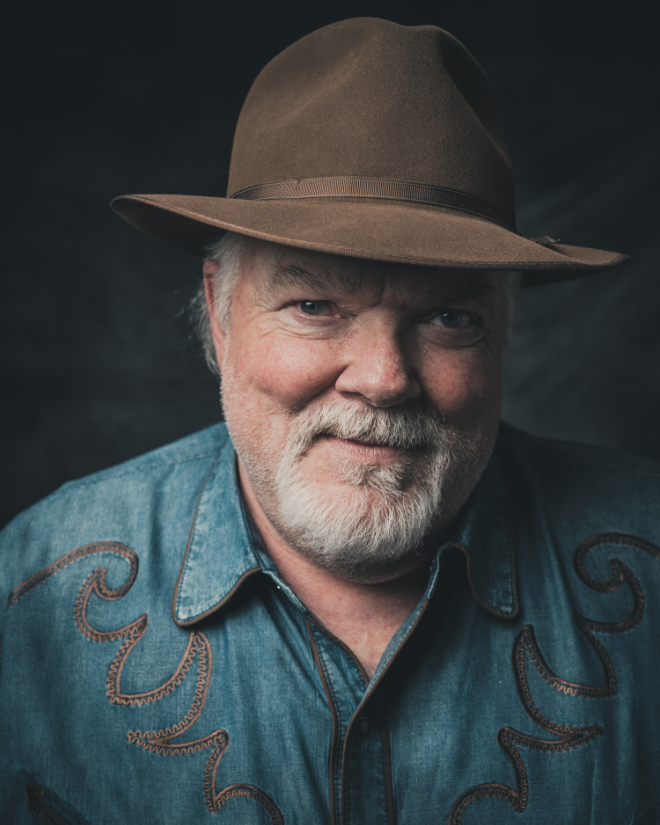
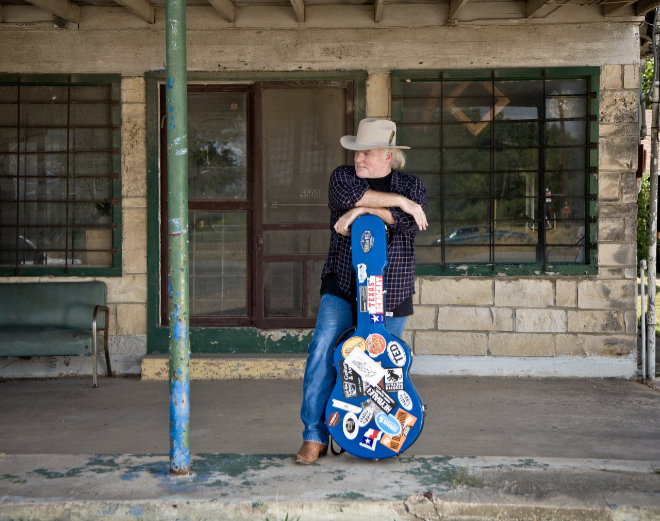
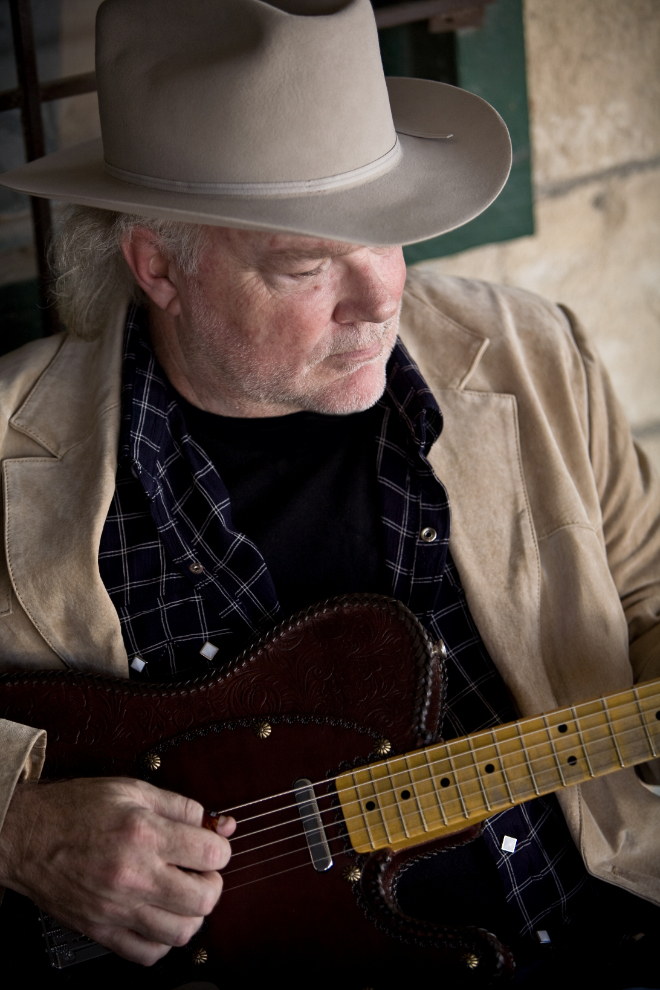
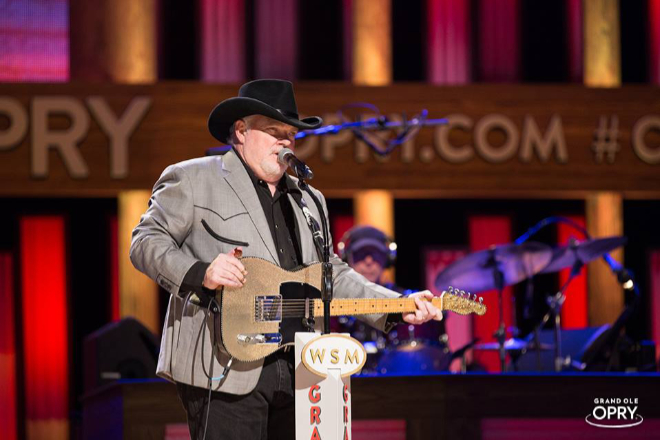
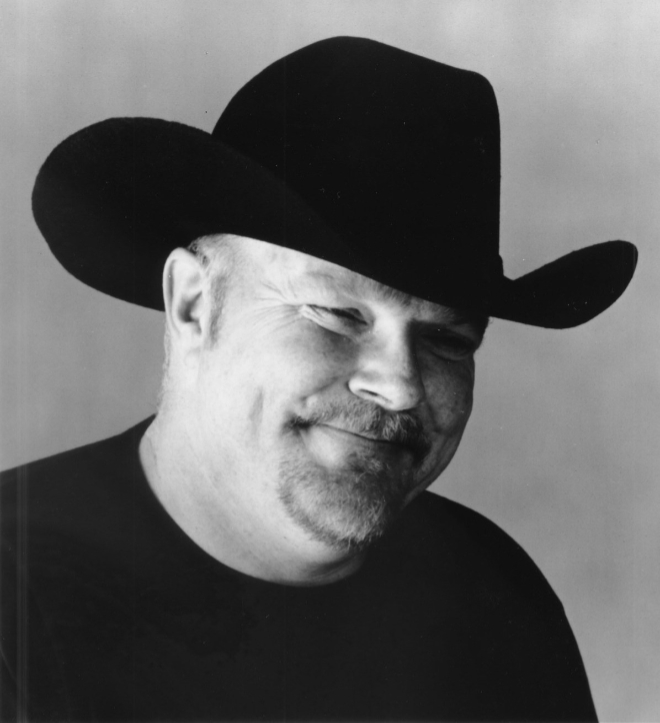
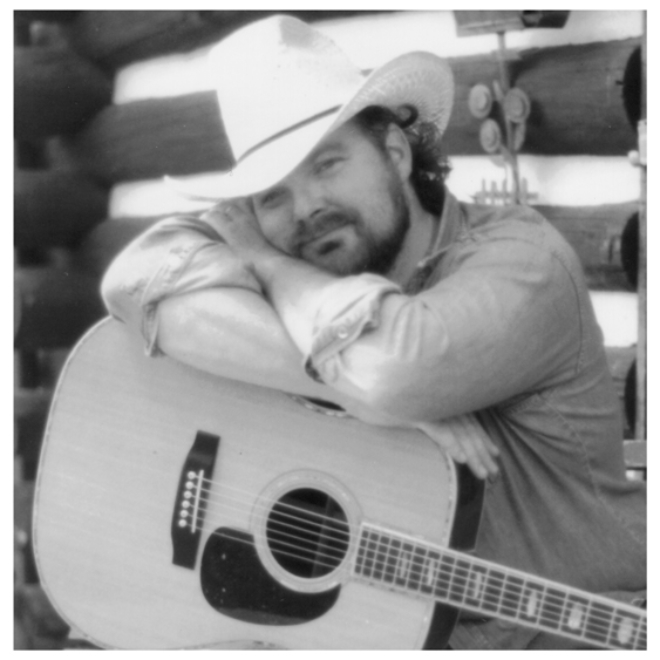
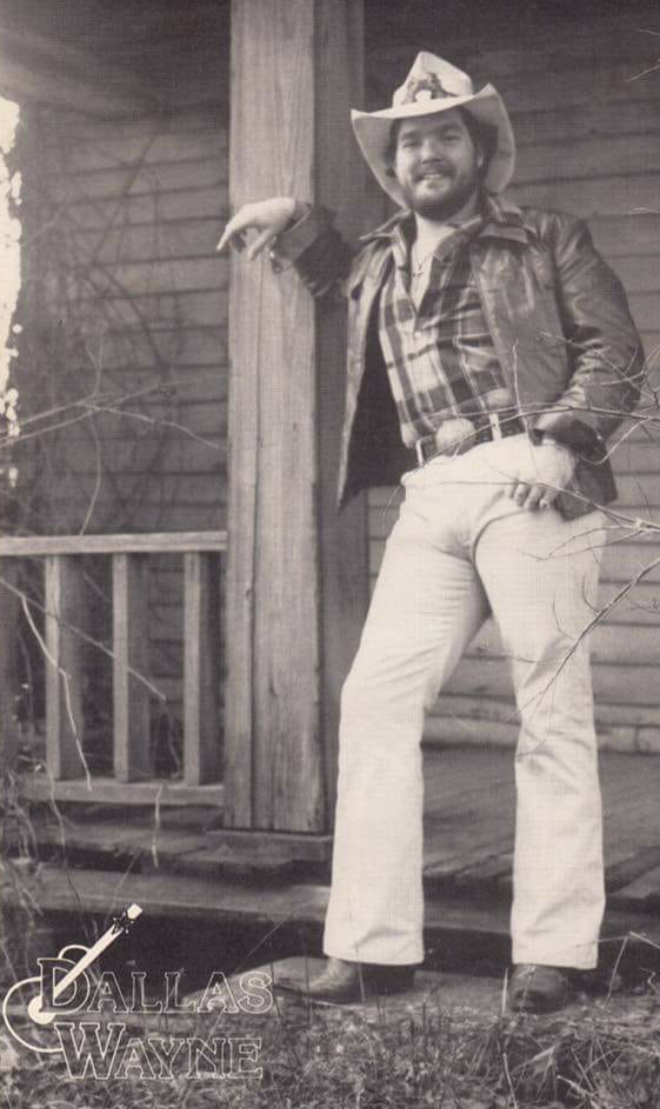
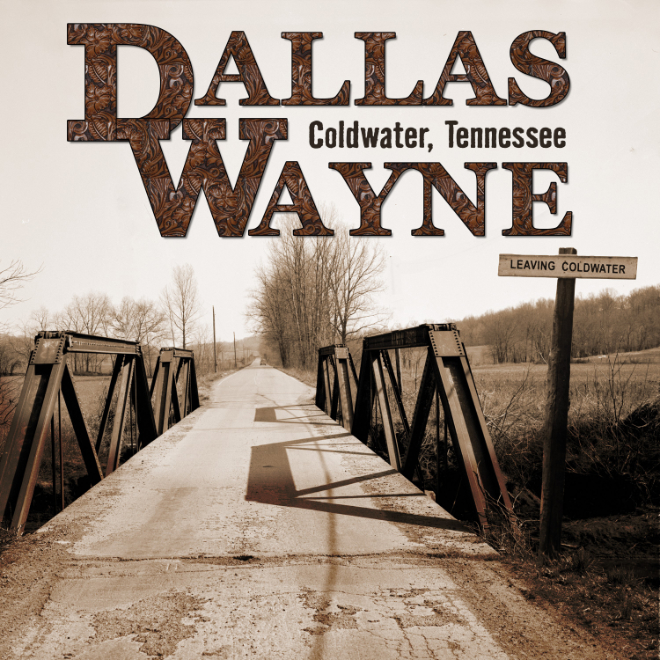



comment closed